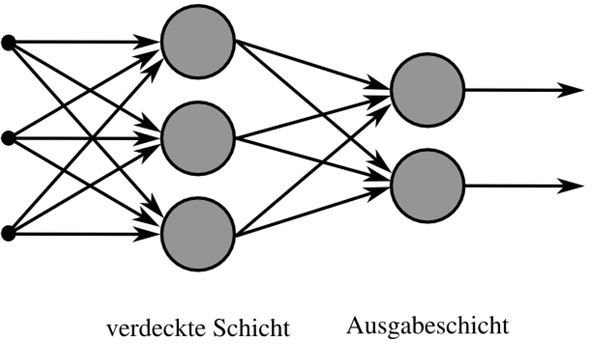Learn about the Artificial Linguistic Internet Computer Entity ALICE
How Does ALICE Work?
ALICE is artificial intelligence software that uses heuristics to identify conversational patterns that mimic human interaction: it is software
that runs on a computer that will talk to you as though it were a person. ALICE began as a project at Lehigh University under the direction of a programmer named Richard Wallace. Although the project began in 1995, it was retooled using Java in 1998 bearing the nomenclature Program D. A special XML scheme for artificial intelligence was developed in support of the effort. ALICE is open source and is readily available online as source code as well as in the form of Web applications.
Image Credit: Wikimedia Commons/Chrislb
The Turing Test
One of the measures of the effectiveness of artificial intelligence is the Turing test. The Turing test is administered by a person and a machine that both do their best to behave like a human being. The Turing test is administered in a mixed environment over a network so no one knows who is the computer. Conversations are text based so that the voice aspect of the machine does not give it away. By communicating only through text, true intelligence is evaluated. If the “person” breaks down, being unable to answer questions rationally, than the program fails the Turing test.
The parameters of the Turing test were defined by Alan Turing in 1950 and have served to measure the effectiveness of artificial intelligence since that time. Although no device has ever successfully met the requirements of the Turing test, the measurement continues to serve as an ideal benchmark that can define when a computer is actually capable of thought. Although some experts criticize the Turing test, it remains one of the most generally accepted principles in the artificial intelligence industry.
The Artificial Linguistic Internet Computer Entity ALICE does not pass the Turing test, but it can talk a good while with average people carry a decent conversation.
Loebner Prizes
Loebner Prizes are issued as part of an effort to recognize developments in artificial intelligence. The Artificial Linguistic Internet Computer Entity (ALICE) has won the bronze Loebner numerous times (the gold and silver awards have never been awarded) although another artificial intelligence engine called Jabberwacky has won the prestigious award twice.
What does ALICE Have to Say about Artificial Intelligence?
The ability to emulate human intelligence is a long sought after goal of science and technology. ALICE might be able to help us learn more about it. You may visit one site where you can ask a regular ALICE questions or you can talk to a fake Captain Kirk at another site.
Perhaps the extent at which ALICE can communicate will never be known by everyone because the A.L.I.C.E. Foundation charges $99 for access to the full personality. When conversing with ALICE, you will notice that after a while, its communication breaks down and it begins to mindlessly repeat the same mechanical answers. Human-like intelligence will likely become a reality one day, but we’re not there yet. Initiatives such as ALICE are important because they tell us that a lot of work still needs to be done.
